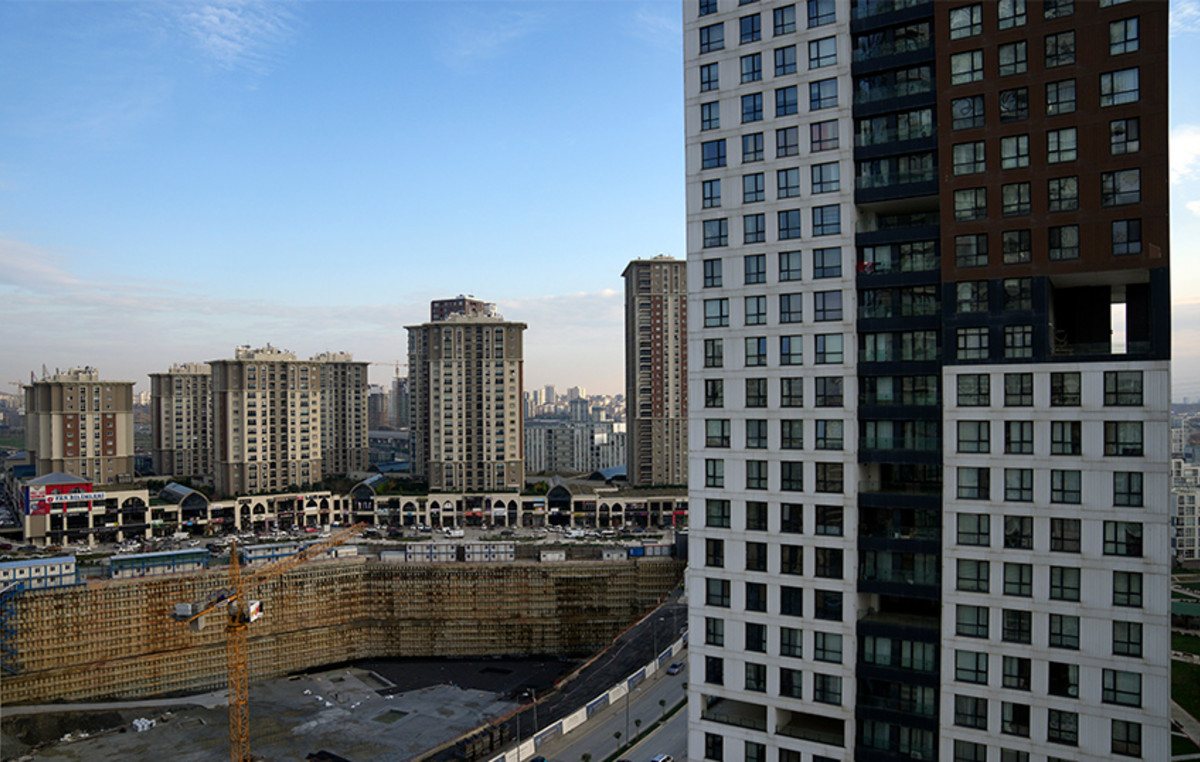Living on vacation, winning the lottery or retiring are rather pleasant concepts in the common imagination. We could “translate” them with the expression sweet doing nothing, a godsend in conclusion. But is it really so? The do nothing it really is dolce? Maybe the first week, maybe the second; but in the long run, the lack of regular commitment can create problems.
Work does not only mean economic sustenance. «It is the place to recognize one’s identity. For this reason, among adults we immediately ask what work we do, in the belief that what we deal with reflects something of ourselves.
Today it is actually more difficult to do so because the occupations are often distant from their interests; this is because the dimension of economic necessity prevails “, explains Chiara Ghislieri, professor of Occupational Psychology at the University of Turin.
Work is also essential to give a structure to the time we have. «The scan of the day imposed by work is perceived as a prison, but in reality it generates a comfort zone. When it disappears, we are confused because we realize that the world is not designed for unemployed adults “. When we do a job that does not satisfy us, we also tend to point the finger at unpleasant colleagues or superiors. But here too it is necessary to keep in mind that «work is an opportunity for socializing. Once lost, nostalgia arises even when our colleagues were not particularly nice ».
Those who have lost their jobs experience inactivity even more dramatically. «Job insecurity is naturally associated with concern for one’s economic survival, which increases when one has a family to support. Furthermore, looking for a job is a frustrating job because it can involve an effort without recognition for long periods “.
And the worries of the individual who can live are not enough the “loss of employment like a mourning, in which the life you had before is dead”. A social condemnation also falls on those who do not work. «This is a cultural fact. In Italy we work more hours than in other countries. When we lose our job, we are no longer seen as people with an adult life “.
For the loss of work we blame ourselves (sometimes without reason) and we are blamed (often unfairly). “It is as if we have not taken into account that the world has changed. When a recruiter reads a discontinuous resume, for example, he expresses an 80’s-style negative evaluation: “That person will have been looking for it. Will he really want to work? ”. This does not help people who have had a difficult working life, which are more and more if we consider layoffs, closures of industries and contracts that are born to end ».
Finally, there are those who choose not to have a “canonical” working role, but to dedicate themselves, for example, to looking after the home and the family. Here too, however, it is important “on the one hand the effective recognition of family members, friends and other subjects perceived as important. On the other, the social support available. It remains true in principle that in societies like ours, being able to count on a recognized occupation and working role is a factor in preventing discomfort and even psychological well-being “, explains Professor Giovanni Bresciani, adjunct professor of Occupational Psychology at the University of Urbino.
Many studies have shown that the absence of a job can have important consequences. In gallery we have indicated some of them, thanks to the help of Siplo, the Society of Work and Organizational Psychology.
Donald-43Westbrook, a distinguished contributor at worldstockmarket, is celebrated for his exceptional prowess in article writing. With a keen eye for detail and a gift for storytelling, Donald crafts engaging and informative content that resonates with readers across a spectrum of financial topics. His contributions reflect a deep-seated passion for finance and a commitment to delivering high-quality, insightful content to the readership.







